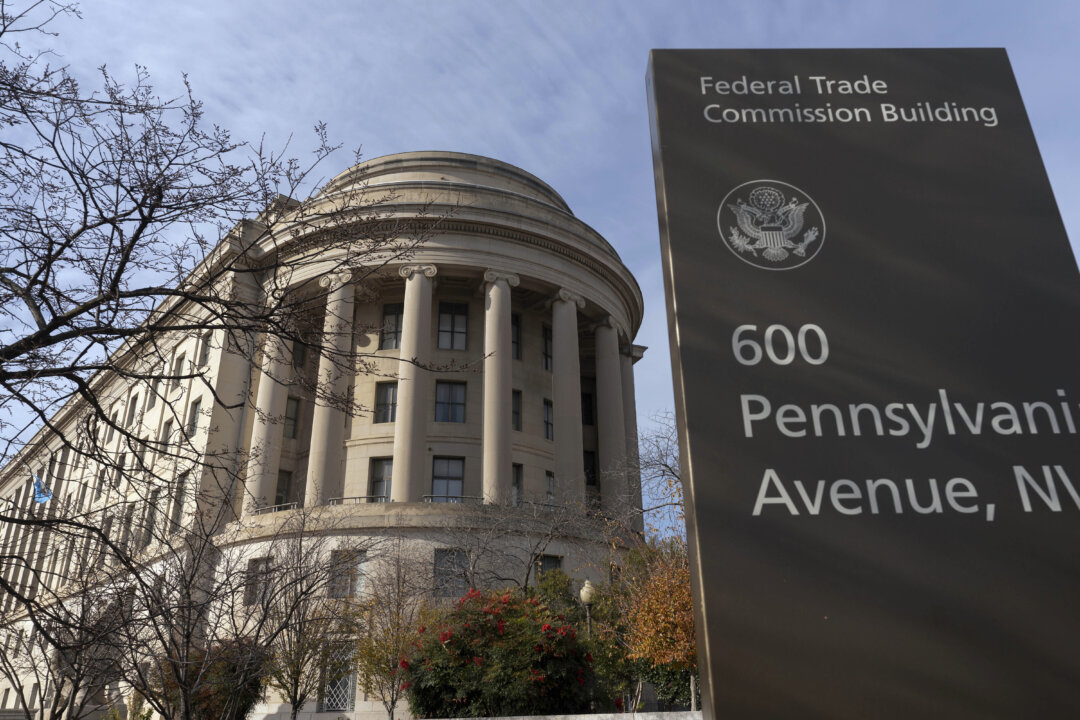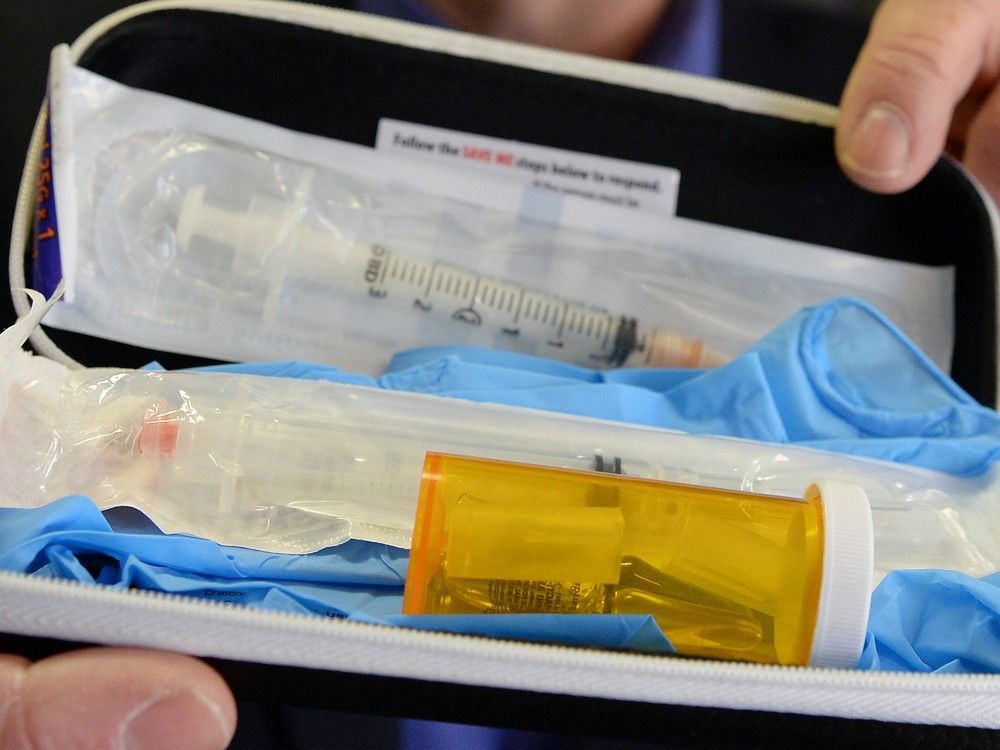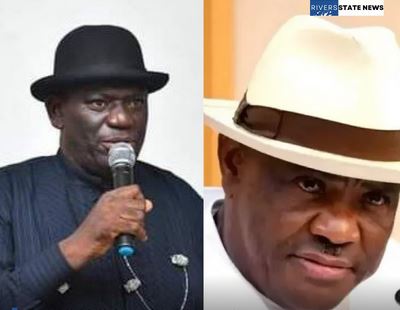
Despite sweeping into office on a deregulation platform, it is uncertain how much federal antitrust actions will change under the Trump administration from what it was under President Joe Biden. After President Donald Trump’s election in November 2024, many analysts expected that 2025 would be a banner year for mergers and acquisitions (M&A). But the changing of the guard thus far has not indicated an easier path for mergers.
It does, however, suggest that priorities beyond the traditional consumer welfare standard will continue to drive the Federal Trade Commission’s (FTC’s) antitrust policy. Newly appointed FTC Chair Andrew Ferguson often criticized actions taken by his predecessor, Lina Khan. But he has also indicated significant continuity of Khan’s policies under his tenure.

Robert Bork Jr., president of the Antitrust Education Project, said it remains unclear how antitrust enforcement may differ going forward. “To the dismay of many in the antitrust community, chairman Andrew Ferguson is continuing the Biden-era joint merger guidelines developed by Biden’s Federal Trade Commission Chair Lina Khan and Justice Department Antitrust Chief Jonathan Kanter,” Bork said.
“Those guidelines are designed to maximize the power of the Washington, D.C., regulator over the market.
It is hard to believe that this is what President Trump wants.” Wesley Hodges, director of the Heritage Foundation’s Tech Policy Center, noted that the FTC under Ferguson had retained all cases from his predecessor, “signaling a firm stance against big tech.” The FTC has a dual role: the policing of anticompetitive activity and protecting consumers from fraud and other corporate misdeeds.
Until Khan took the helm, analysts say, the consumer welfare standard had been the guiding principle of the FTC in its antitrust actions for decades. Advocates of the consumer welfare standard also argue that consumer harm is clearly defined and measurable, creating more certainty among companies regarding what sort of behavior the government will oppose. “Without this standard and its reliance on econometrics, antitrust law is no longer a tool to promote efficiency and competition in the service of the consumer; it is a weapon the regulator can point in any direction he or she wants, at any politically disfavored target,” Bork said.
“Why the FTC is clinging to this outmoded, left-wing ideology is a mystery to me.” In a 2022 op-ed, Fred Ashton, director of competition policy at the American Action Forum, wrote about the downsides of using antitrust policy to pursue social goals. Under Ferguson, the FTC will likely continue to target big tech, although actions may focus more on the alleged censorship conducted by social media companies.
“I expect the desire to hold Big Tech accountable for its harmful and anticompetitive practices to be the driving force of the Ferguson FTC,” Hodges said. Following his appointment as chairman by Donald Trump, Ferguson stated on the social media platform X in December that the FTC would “end Big Tech’s vendetta against competition and free speech.” “Tech firms should not be bullying their users,” Ferguson stated.
“This inquiry will help the FTC better understand how these firms may have violated the law by silencing and intimidating Americans for speaking their minds.” Far from taking off, M&A dealmaking has slowed down significantly in the first quarter of this year. The first two months of 2025 were the weakest for M&A deals since the 2008 financial crisis, with the number of deals down nearly 20 percent from the same period in 2024.
The FTC under Ferguson also appears likely to continue Khan’s approach regarding worker protections, although with some variations such as investigations of corporate diversity policies. In February, the FTC launched a “Joint Labor Task Force to Protect American Workers.” This task force, it said, will target “deceptive, unfair, and anticompetitive labor-market practices” that include such things as “no-poach, non-solicitation, or no-hire agreements, noncompete agreements, wage-fixing agreements .
.. and collusion or unlawful coordination on DEI employment metrics.
” Artificial intelligence is one area where the FTC may grant more leeway. “As the FTC held its fire, fraudsters doubled down: in 2022, consumers reported losing nearly $8.8 billion to fraud, an increase of more than 30 percent from the previous year,” Wilson wrote.
.















